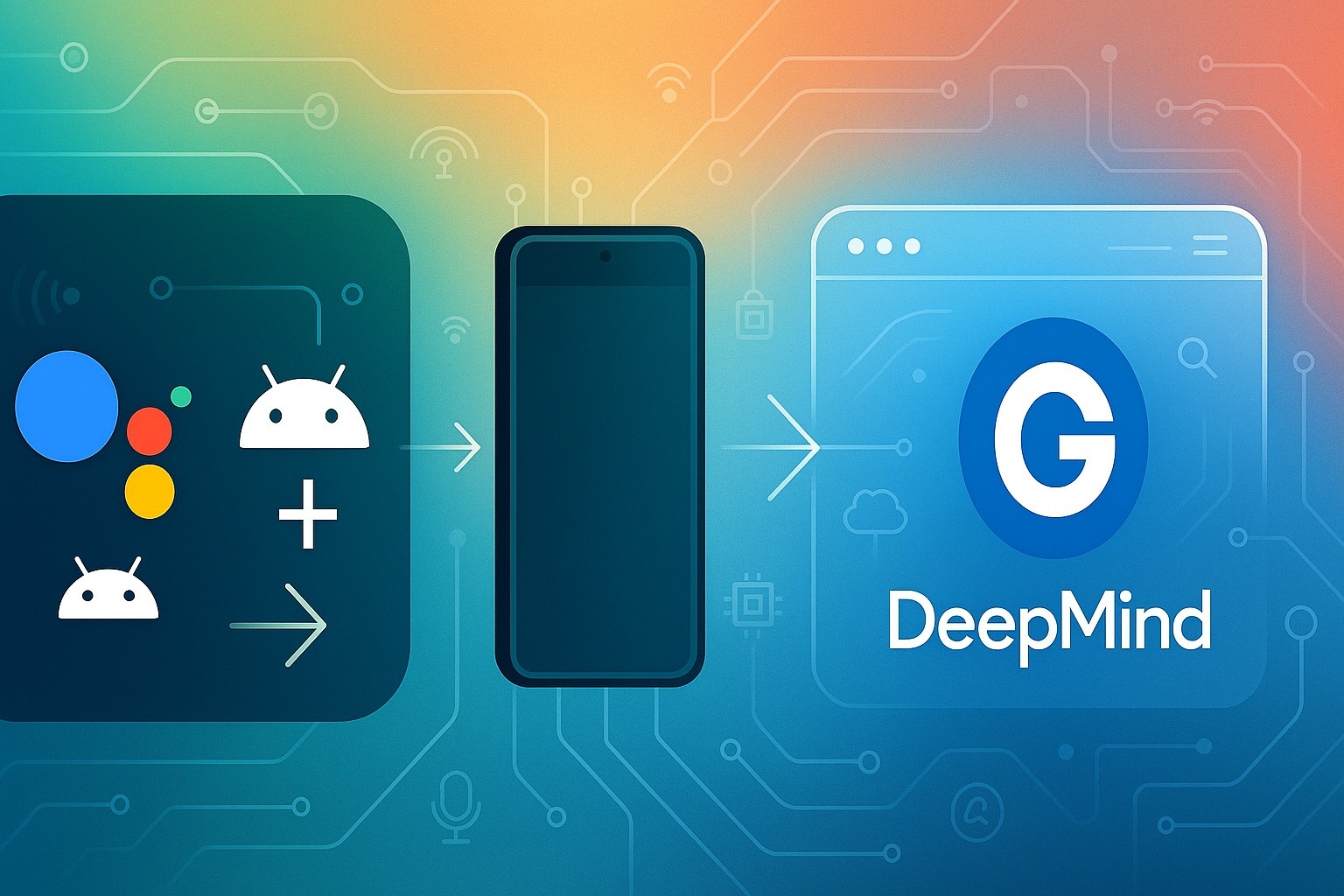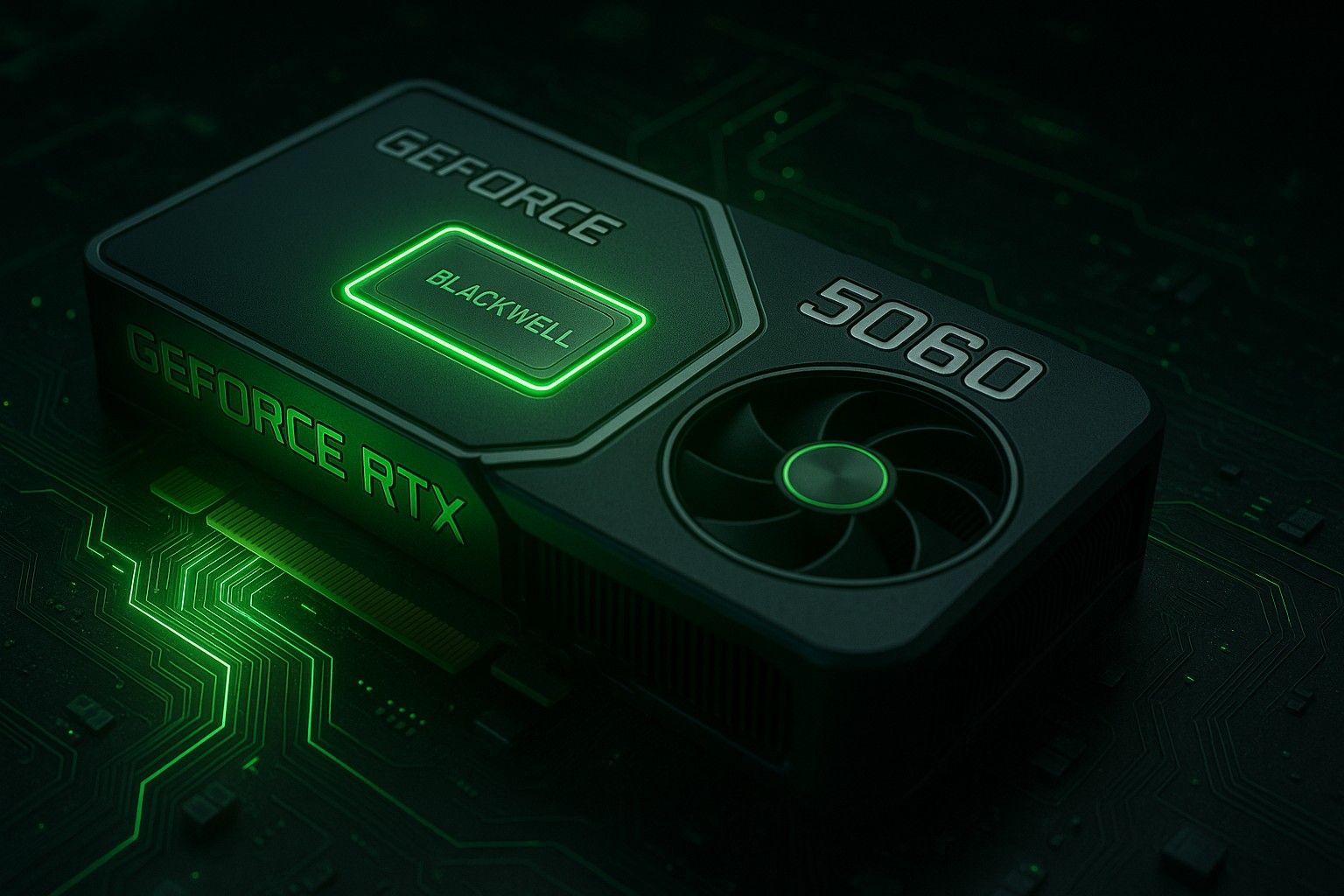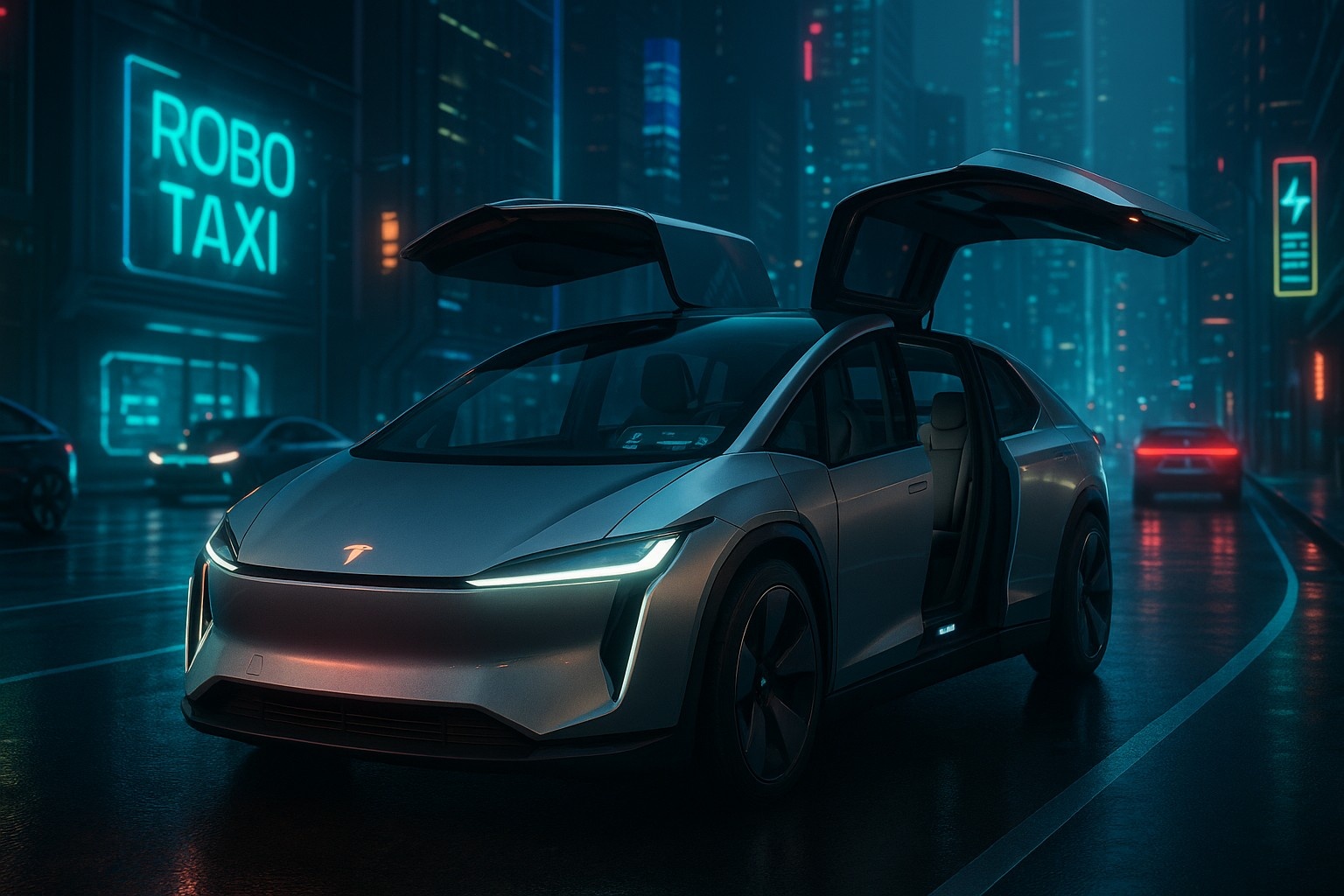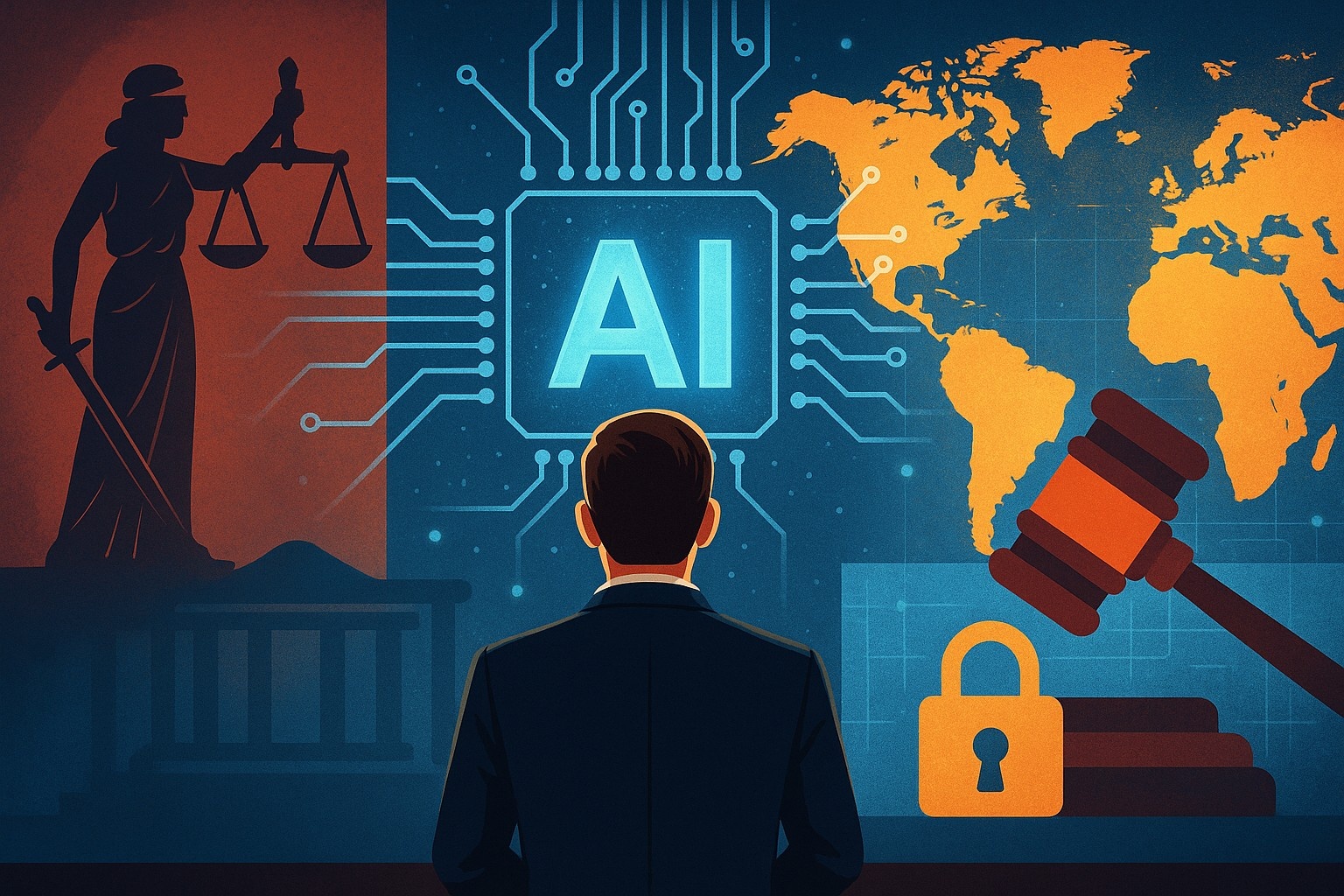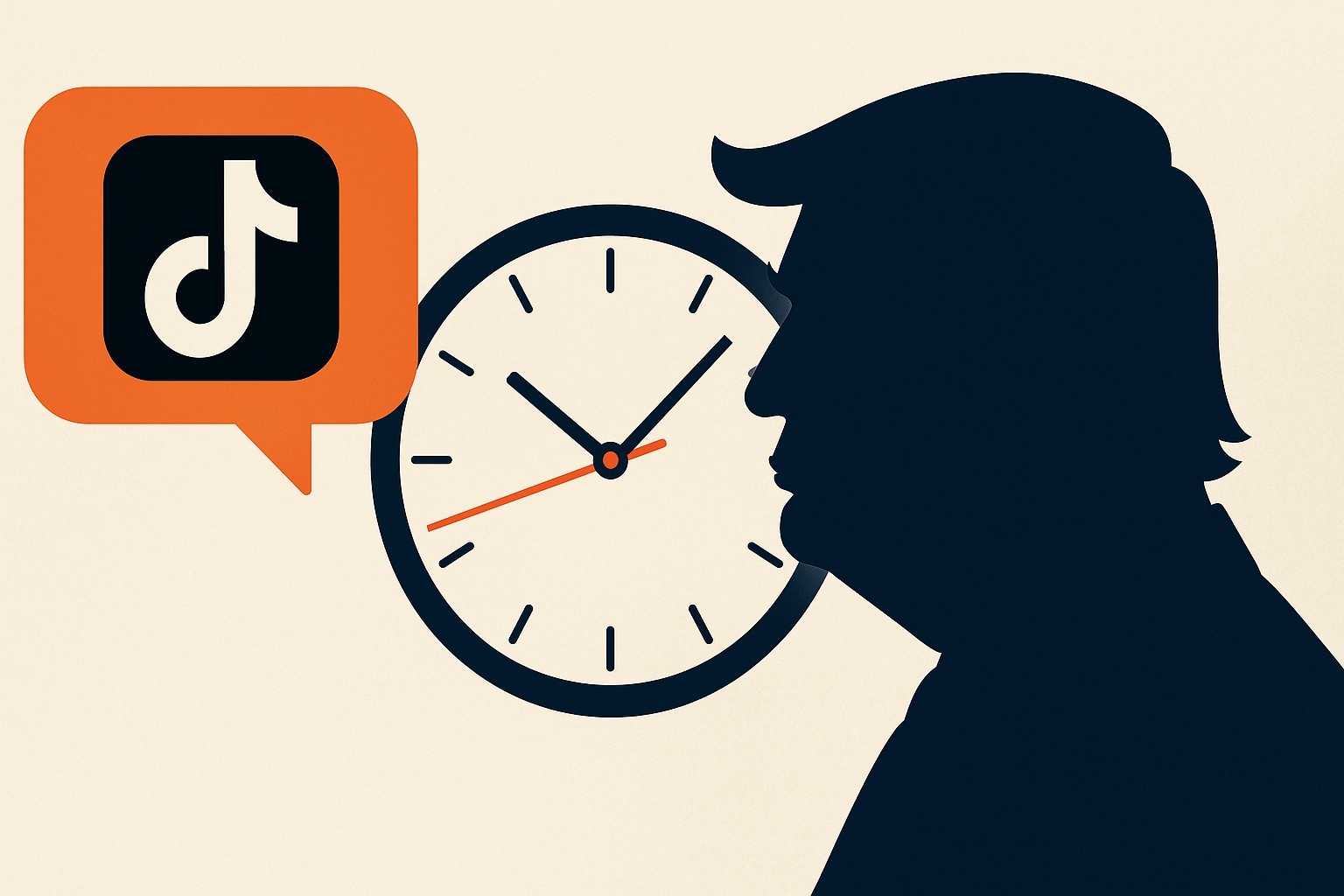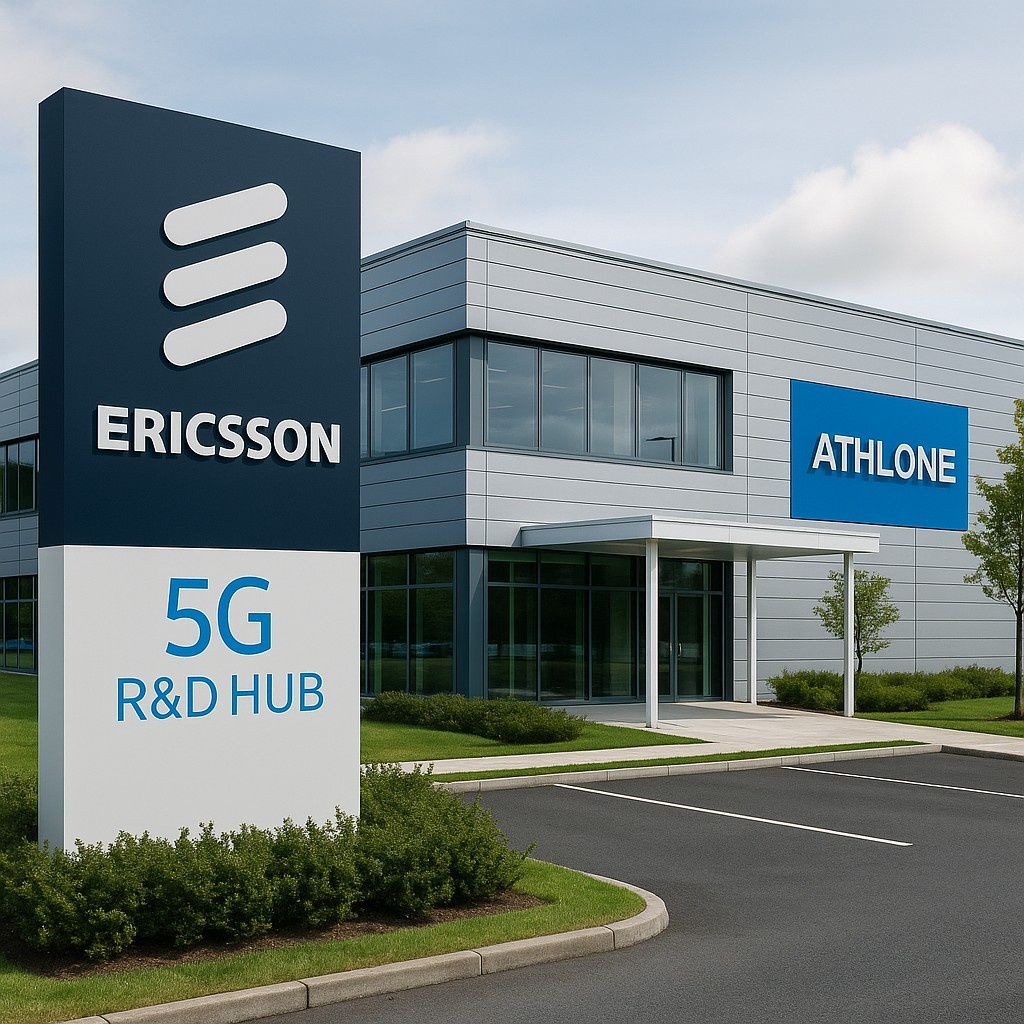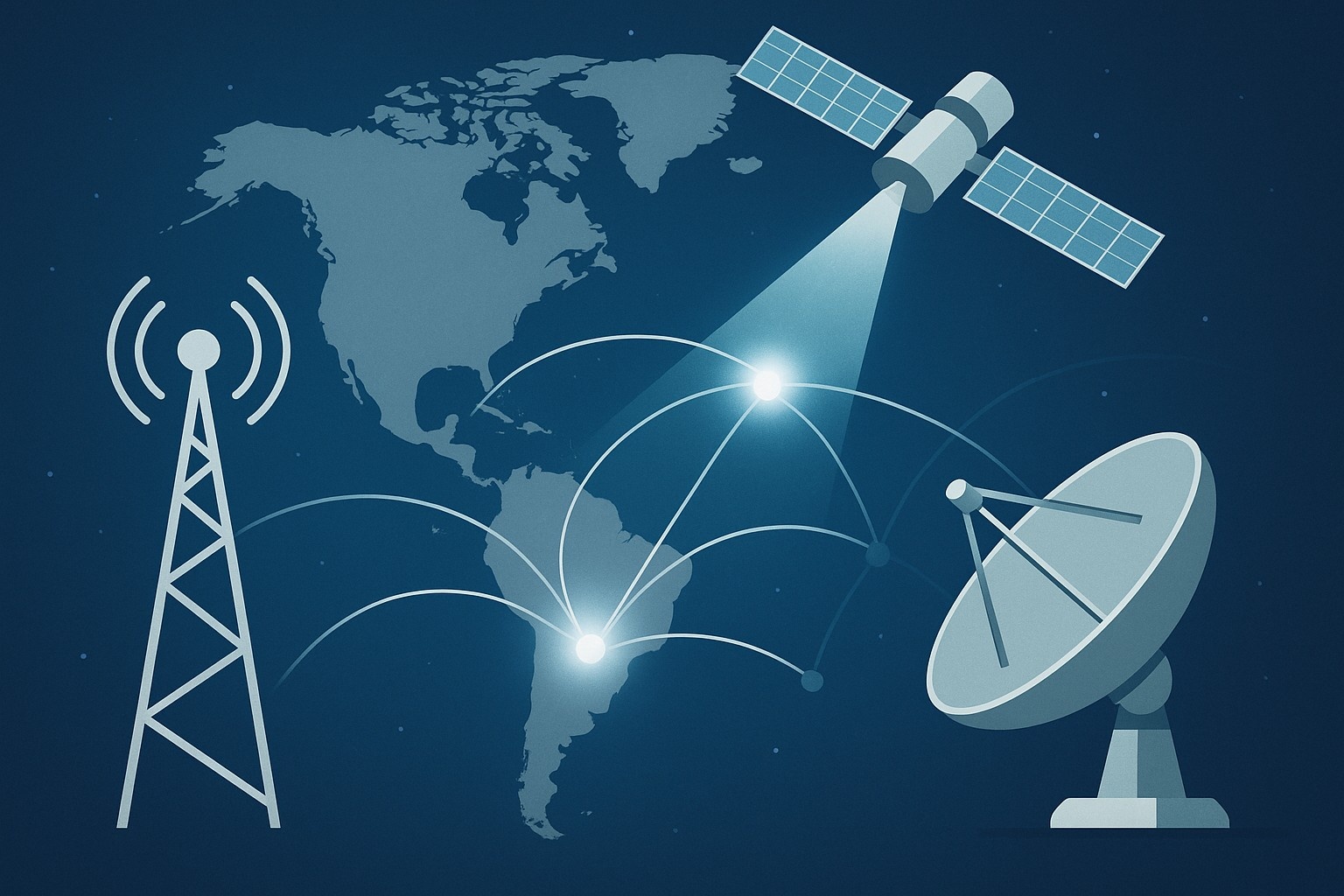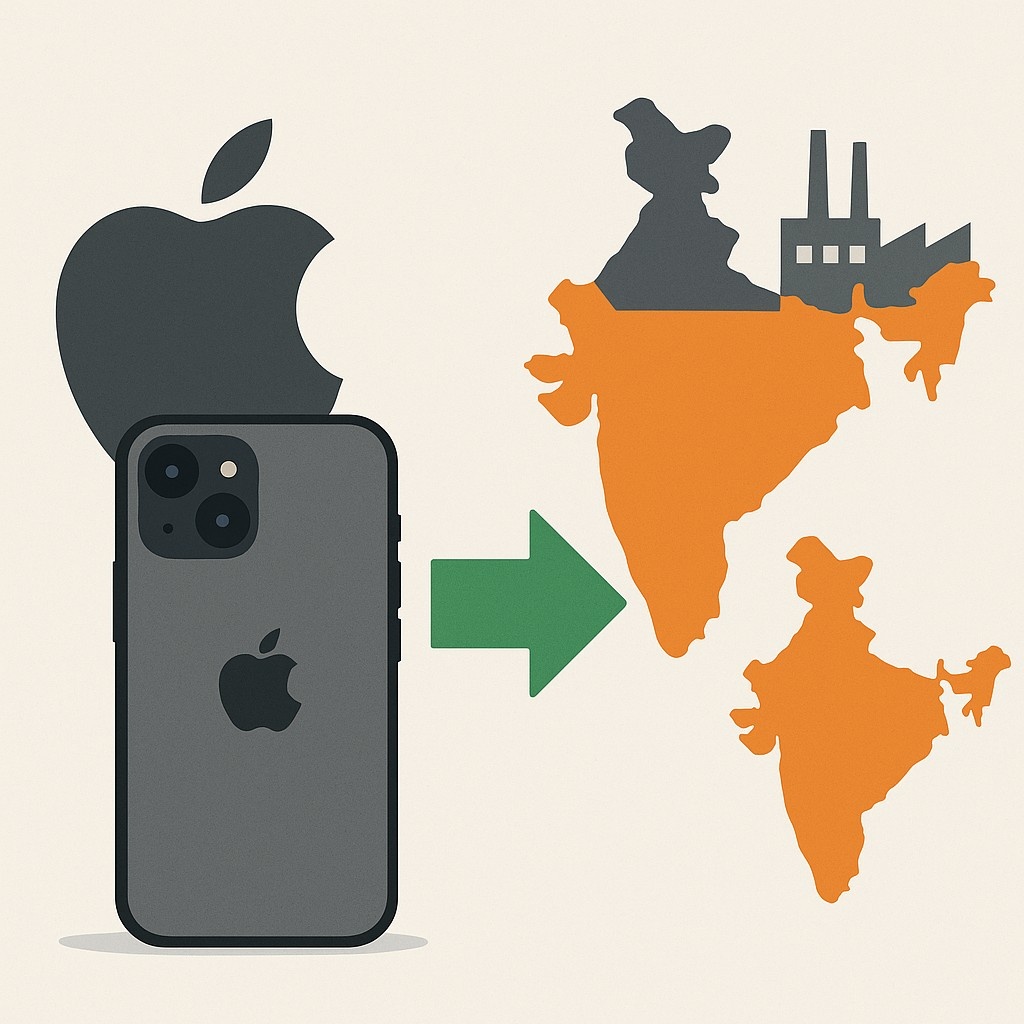Google Reshapes Its AI Org Structure: Gemini Team Moves to DeepMind, Assistant to Android Division
In a significant internal shift designed to unify strategy and accelerate product execution, Google has restructured key parts of its AI organization, reassigning major teams within its broader AI portfolio. The Gemini app team, responsible for Google’s flagship generative AI experiences, will now report to Google DeepMind, while the Google Assistant team is being folded into the Pixel and Android division.
The changes, confirmed by Google executives in a recent company-wide memo, reflect a growing urgency inside Google to streamline its AI efforts, reduce redundancy, and deliver more tightly integrated AI features across its consumer ecosystem.
This reorganization comes at a pivotal time for the company, as it faces intensifying competition from OpenAI, Microsoft, Meta, and Apple—all racing to embed AI deeply into software, hardware, and operating systems.
Why Is Google Restructuring Its AI Teams?
Over the past two years, Google has launched and maintained multiple overlapping AI initiatives—from Gemini (its suite of generative AI models), to Google Assistant (its voice-powered virtual assistant), to AI features embedded in Pixel devices, Gmail, Docs, and Search.
While these products share foundational technologies, they’ve often operated under separate leadership and product teams, resulting in fragmentation, duplicated efforts, and inconsistent user experiences.
According to insiders, the reorg is aimed at resolving these inefficiencies and enabling cross-platform cohesion.
The strategic goals behind the reorganization include:
- Unifying model development and product delivery under DeepMind
- Aligning hardware-software integration of AI with Android and Pixel
- Accelerating Gemini-based feature development inside core Google products
- Creating clearer ownership between foundational AI and consumer implementation layers
A Google spokesperson said the realignment would ensure “faster innovation, better coordination, and more compelling AI features for end users.”
Gemini App Team Moves to DeepMind: What That Means
The Gemini app, introduced in late 2023 as Google’s direct competitor to ChatGPT and Copilot, has grown into a multi-modal AI interface available on mobile, web, and integrated with Workspace products.
Now, the entire Gemini app and its development team are moving under the umbrella of Google DeepMind, the internal AI research lab behind the Gemini models themselves.
Why this move matters:
-
Model-to-product integration becomes seamless
Until now, the Gemini model development (DeepMind) and the Gemini product experience (Google Services division) were managed separately. Bringing them under one leadership allows for faster feature iteration and tighter alignment between model capabilities and UX. -
Signals Google’s shift toward a vertical AI stack
With both the underlying models and the interface controlled by DeepMind, Google can now iterate faster and compete more effectively with OpenAI, which handles both GPT development and ChatGPT deployment under one roof. -
DeepMind becomes more product-facing
Previously known for its research legacy (AlphaGo, AlphaFold), DeepMind now becomes more central to product development, not just R&D—a major cultural shift within Alphabet.
Sources say DeepMind head Demis Hassabis will oversee both Gemini model development and app experiences going forward, with product managers and engineers from the Gemini app team now reporting directly to DeepMind leadership.
Google Assistant Now Falls Under Android & Pixel: A Shift Toward On-Device AI
In a parallel move, Google is folding the Google Assistant team—long responsible for the voice AI experience on phones, speakers, smart displays, and cars—into its Android and Pixel division, led by Rick Osterloh and Sameer Samat.
This reflects Google’s renewed focus on deep AI integration at the operating system and hardware level.
What this means in practice:
-
Google Assistant’s future will be built directly into Android
Instead of being a standalone voice assistant product, Assistant’s capabilities will now be delivered through Pixel-specific experiences, on-device generative AI, and Android’s core voice interface. -
More Gemini-powered voice features are coming
Google has already begun testing a Gemini-powered Assistant, and this reorg suggests broader rollout across Android 15 and future Pixel devices. -
Faster hardware-software co-design
With Assistant, Pixel AI features, and Gemini voice all under the same team, Google can deliver cohesive AI-first experiences, tailored to device capabilities (e.g., tensor chip optimizations, offline inference).
Insiders suggest this is part of Google’s “Apple-style” strategy—tying premium AI features closely to its hardware, starting with Pixel and scaling to the wider Android ecosystem.
Aims to Close the AI Gap Against OpenAI and Apple
This reorganization comes as Google finds itself under pressure on multiple fronts in the AI race:
- OpenAI continues to dominate the public imagination with GPT-4-turbo, custom GPTs, and partnerships with Microsoft.
- Apple is reportedly launching its own LLM-powered assistant in iOS 18, possibly under the name “Apple Intelligence,” which could debut at WWDC 2025.
- Meta is aggressively rolling out Llama-powered AI features across WhatsApp, Instagram, and Ray-Ban smart glasses.
- Amazon is enhancing Alexa with Anthropic models and conversational AI integrations.
By aligning its teams more effectively, Google hopes to eliminate internal friction and move faster in AI deployment cycles, especially across consumer touchpoints like Android phones, search, and productivity apps.
Challenges and Cultural Shifts Ahead
While the restructuring makes strategic sense, it won’t be without challenges.
Key risks include:
-
Organizational churn
Merging research and product cultures (as in DeepMind and app teams) can cause management friction and talent attrition, especially among engineers who prefer academic vs. consumer product workflows. -
Brand identity confusion
Users have already experienced confusion between Gemini, Bard, Assistant, and Search AI. Now that multiple products are being combined or rebranded, Google must clarify naming, roles, and capabilities across its interfaces. -
Regulatory scrutiny
As Google centralizes more of its AI stack, particularly inside Search and Android, it may face increased scrutiny from regulators concerned about monopolistic behavior and AI transparency.
Nonetheless, most analysts agree that streamlining AI teams under strategic pillars—DeepMind for foundational models, Android/Pixel for embedded AI—is the right long-term move.
What to Expect Next: AI in Everything Google Does
This reorganization sets the stage for Google’s next wave of AI rollouts, which will likely include:
- Full Gemini integration in Android 15, including conversational assistants, text and image generation, and context-aware smart replies.
- Gemini-powered search experiences, including side-by-side results, shopping helpers, and video summaries.
- On-device AI for Pixel 9, with real-time translation, transcription, summarization, and even AI-powered photography enhancements.
- Workspace updates using Gemini for Gmail, Docs, Sheets, and Meet—including AI notes, action items, and smart formatting.
We’ll likely hear more at Google I/O 2025 and the expected Pixel hardware event this fall, where the company will showcase Gemini and Assistant upgrades as core features of its next-gen devices and software.
Final Thoughts
Google’s decision to realign its AI teams signals more than just a structural shift—it’s a strategic recalibration in the age of AI-first platforms. With Gemini moving closer to DeepMind and Assistant merging with the Android-Pixel ecosystem, Google is betting on speed, clarity, and platform unity to stay competitive.
In the race to dominate consumer and enterprise AI, organizational coherence may be just as critical as model performance. And Google, at least for now, seems ready to act on that insight.
